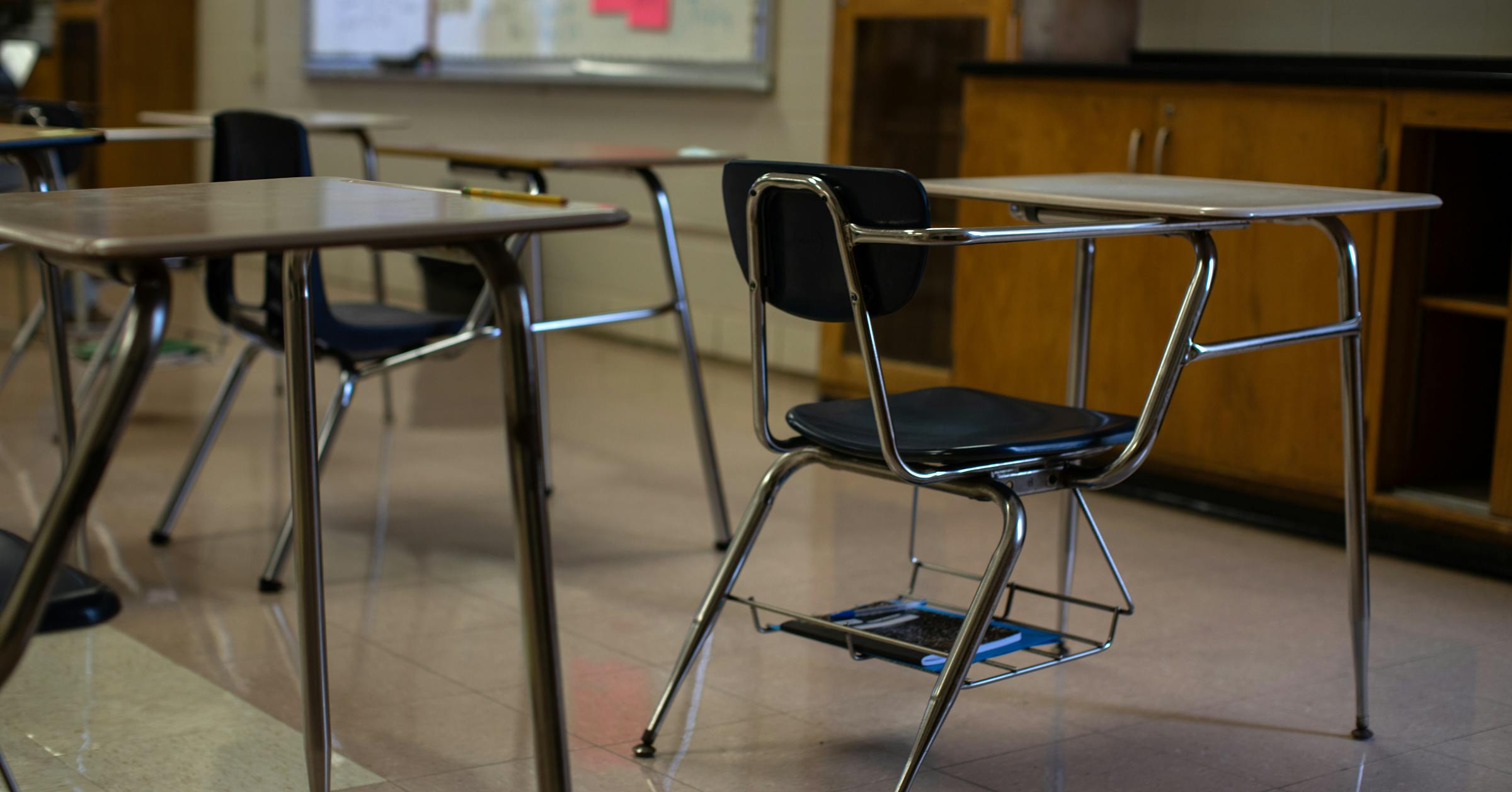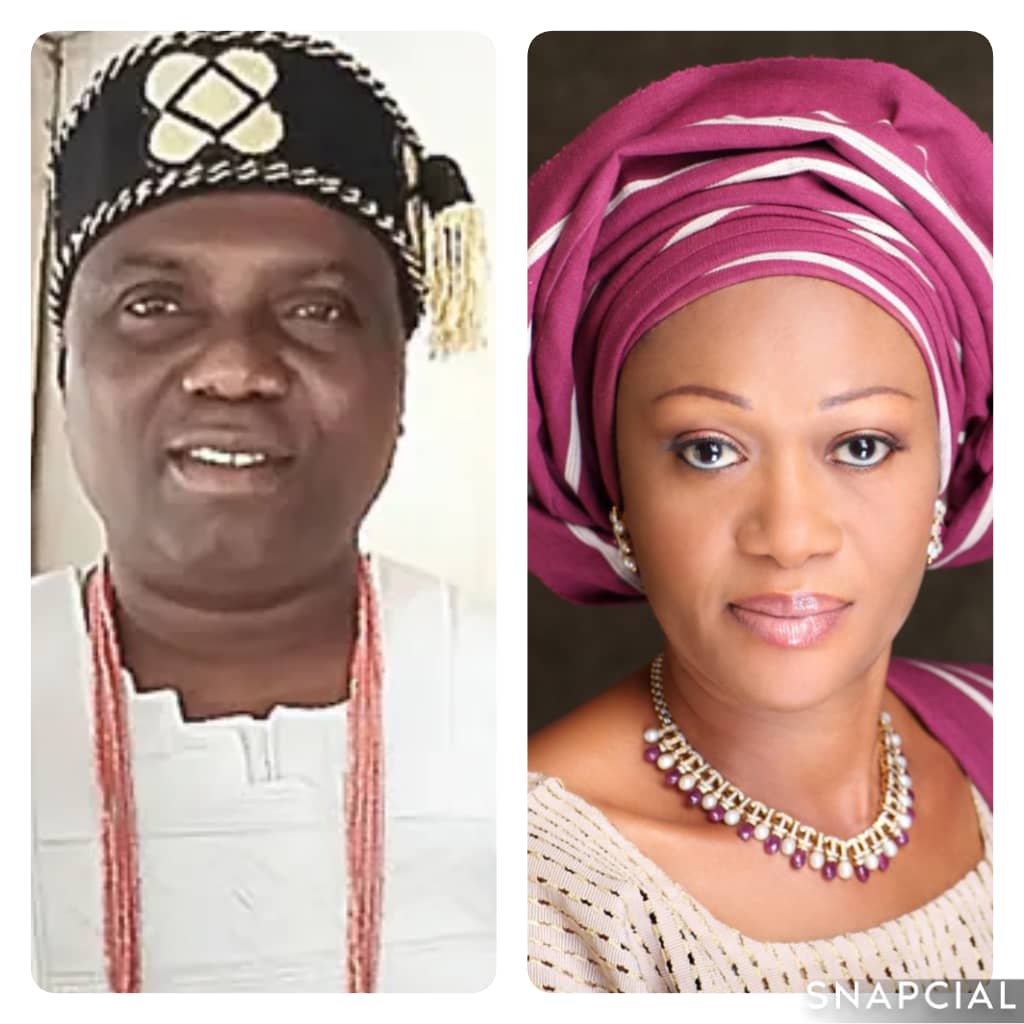Opinion | Other states hit pause on ‘liberated’ ethnic studies. In Minnesota, it’s fast-forward.

Minnesota’s controversial new K-12 social studies standards will hit our state’s classrooms in fall 2026. Here’s what students at your local school will be learning if your district adopts tax-funded lesson plans aligned to a new “strand” known as “liberated” ethnic studies.
Sixth-graders will study “Protest Art and the Movement for Black Lives” to fulfill an ethnic studies standard titled “Resistance.” They will learn about the Black Lives Matter movement’s “13 guiding principles” and “the role of protest art in mediating power in the city,” and “create their own protest art.” They will also be instructed that being “Unapologetically Black” “requires the dismantling of multiple systems of oppression: capitalism, patriarchy, anti-Blackness and white supremacy.”
Seventh-graders will study a “sit-in” staged in San Francisco in 1977 by “disability rights activists” and learn how protesters elsewhere “stormed” federal buildings. Then they will discuss how they can “advocate against ableism, including plans of action.”
In a lesson plan entitled “Jim Crow of the North,” high school students will be taught “how slave trade money” helped “build the State of Minnesota” and learn about racial housing covenants and “white supremacy” in the Twin Cities. They too will “identify plans of action that people have used to resist, refuse, and create alternatives to oppressive systems.”
When the Minnesota Department of Education (MDE) adopted our state’s new social studies standards in 2024, Minnesotans were assured they would promote racial and cultural understanding. But critics warned the standards — which teach that skin color determines identity, that America is oppressive and irredeemably racist, and that students have a duty to “resist” our nation’s fundamental institutions — will divide children by race and entrench an extremist political agenda.
MDE is tasked, by law, with providing schools with guidance on how to implement the new ethnic studies standards. But the department has declined to release the 62-page implementation framework that its “Ethnic Studies Working Group” completed in September 2024, despite earlier promises to do so.
Instead, another organization — the University of Minnesota’s Center for Race, Indigeneity, Disability, Gender & Sexuality Studies (RIDGS) — is taking the lead. RIDGS wrote the ethnic studies lesson plans described above and is now developing new ones for elementary students.
RIDGS’ self-declared mission is not academic, but political — indeed, revolutionary: to “challenge systems of power and inequality” and “imagine social transformation.” Its activist roots lie in a 1969 student seizure of the U’s Morrill Hall, which led to the establishment of the U’s Department of African American and African Studies.
MDE has worked with RIDGS since at least 2020 — first to create the new social studies standards and then to write the department’s unreleased ethnic studies implementation framework. Last year, RIDGS obtained a taxpayer-funded grant to build a comprehensive “Ethnic Studies initiative” for Minnesota K-12 public schools.
Many school districts will likely be tempted to adopt RIDGS’ ethnic studies lesson plans. The plans carry the prestige of the U brand, and Education Minnesota, the teachers’ union, has enthusiastically endorsed them. Most important, RIDGS is offering the lessons free of charge, thereby relieving cash-strapped districts of the costly and burdensome work of developing their own.
Ironically, Minnesota’s new K-12 ethnic studies regime is becoming entrenched in our schools just as the ethnic studies movement is being exposed — and discredited — in other states as profoundly illiberal and racially divisive.
In California, the home of liberated ethnic studies, Gov. Gavin Newsom recently backed off his earlier support in response to growing controversy. At his instigation, in June 2025, he and the state’s legislators let a much-publicized bill mandating a one-semester ethnic studies course silently lapse.
At the University of California (UC), more than 400 professors joined their voices to oppose an effort to require a liberated ethnic studies course for UC admission. In a May 2024 statement, they criticized the proposed course as “highly political and ideological in content,” noting that its aim is not to develop “intellectual skills” but to “inculcate in students a particular take on a range of highly controversial issues.”
In January 2024, the California Justice Department also sounded the alarm. In a “Legal Alert” to all K-12 school superintendents, the department emphasized the need for objective, non-politicized education and warned that “curricular decisions must … not [be] an attempt to ‘prescribe what shall be orthodox in politics … or other matters of opinion,’” citing the U.S. Supreme Court.
The alert warned specifically about ethnic studies courses. Such courses, it stated, must “present factual and unbiased information,” and must not discriminate against some groups while attempting to present “diverse perspectives” about others. The alert declared that California’s attorney general will make enforcement of these legal requirements a “core priority.”
Even in San Francisco, a backlash against liberated ethnic studies is underway. As school opened this fall, district leaders reminded teachers that they must not express their political opinions during the school day. Earlier, Superintendent Maria Su had “vowed to address the issue following community concerns raised specifically about ethnic studies courses,” according to the San Francisco Chronicle. In June, she suspended the district’s homegrown ethnic studies curriculum and replaced it with an interim substitute, reiterating that “teaching should be about teaching students how to think, not what to think.”
Meanwhile, for Minnesota policymakers, it’s full steam ahead on liberated ethnic studies. California’s battle erupted over a proposal to require only one such course for high school graduation. Here, state leaders have built the nation’s most extreme K-12 ethnic studies regime — mandating this deeply illiberal ideology in all grades and, going forward, in all required subjects.



